Hosted By

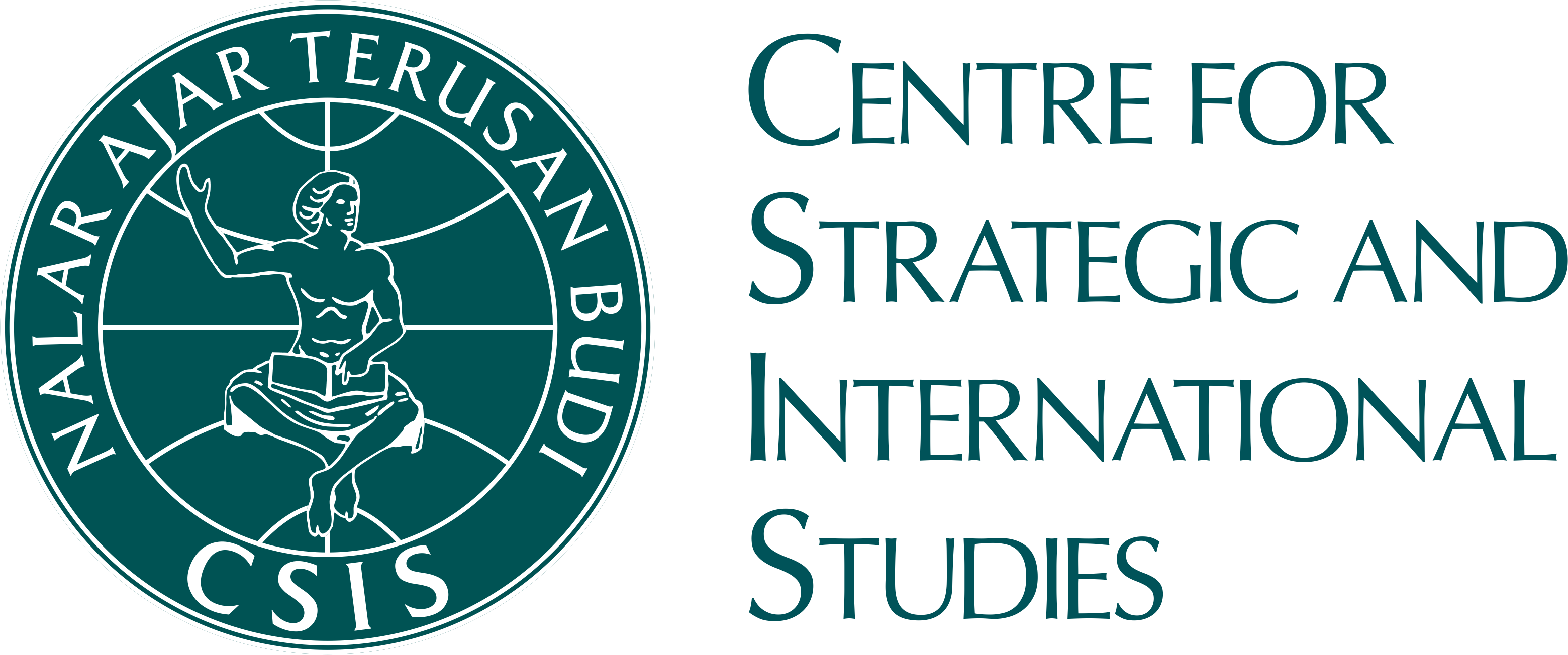
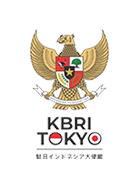
Supported By





Indonesia has reached a new milestone in its journey to achieve net-zero carbon emissions by 2060. To achieve that, as stated in the country’s Nationally Determined Contribution (NDC), Indonesia has established the development of clean energy sources as a national policy directive, where collectively, these policies will eventually put the country on the path to decarbonization.
The Energy and Mineral Resources Ministry, through state utility firm PLN’s newest 10-year electricity procurement plan (RUPTL), has made new and renewable energy the priority energy source for new power plants to be built in the next 10 years. The 2021–2030 RUPTL, does not approve of any new coal-fired power plants (PLTU) and only allows the completion of plants that are already under construction or have reached their financial close. PLN plans to start replacing its coal-fired and gas-fired power plants with new and renewable energy (EBT) power plants in 2025. This opens up a huge opportunity for Indonesia’s future in harnessing renewable energy and it has appealed to foreign countries to invest in developing the sector.
At the same time, Japan declared in October 2020 its aim to reduce greenhouse gas emissions to net-zero and to realize a carbon-neutral, decarbonized society by 2050. The Japanese government followed up this pledge by unveiling the Green Growth Strategy, which places reliance upon the expansion of renewables, a recovery of nuclear power, carbon recycling and the deployment of new technologies to decarbonize the electricity sector. This was further reflected during Japan’s participation at the 26th United Nations Climate Change Conference (COP26) and a leaders’ summit on the UN Framework Convention on Climate Change (UNFCCC), where Prime Minister Fumio Kishida emphasized the use of technologies in Japan’s approach to clean energy.
In recent years, Japan has made substantial progress in renewable energy. Solar power has become the largest renewable energy source in Japan due to generous feed-in tariffs, and Japan has become one of the first countries to launch a national hydrogen strategy. According to the International Energy Agency (IEA), hydrogen is expected to play a central role in Japan’s clean energy transition. Japan has also become a driver in climate financing, as seen by Prime Minister Fumio Kishida’s promise to add US$10 billion in climate finance for developing countries, announced during COP26. With this pledge, Japan’s funding commitment rises to $70 billion. Furthermore, Fumio made a point of improving infrastructure investment in Asia, and with strong support from the government, Japan is well set up to develop and finance renewable energy (RE) projects within and beyond its national border, including in Indonesia.
Looking at the enthusiasm, Tenggara Strategics, again in partnership with CSIS and the Indonesian Embassy in Tokyo will host Japan RE Invest Indonesia 2022 to maintain the momentum of high interests among RE investors from Japan, update the investors on the latest development of Indonesia’s drive toward renewable energy and connect more RE investors and financiers from Japan with project owners in Indonesia. A total of 370 participants from 230 institutions attended Japan RE Invest Indonesia 2021.
Japan RE Invest Indonesia is a multistakeholder platform established by Tenggara Strategics, in cooperation with the Centre for Strategic and International Studies (CSIS), to bring together the Indonesian Embassy (KBRI) in Tokyo, the Energy and Mineral Resources Ministry, the Investment Coordinating Board (BKPM), PLN and energy companies from Indonesia and Japan.
Japan RE Invest Indonesia includes a panel discussion on fossil fuel phase out and RE investment opportunities in Indonesia, and two sessions on solar energy and smart grid that Japanese companies have the edge to offer.
June 16, 2022
14:30 - 15:30 pm (Tokyo Time)
12:30 - 13.30 pm (Jakarta time)
June 16, 2022
15:30 - 16:30 pm (Tokyo Time)
13:30 - 14.30 pm (Jakarta time)
June 16, 2022
16:30 - 17:30 pm (Tokyo Time)
14:30 - 15.30 pm (Jakarta time)
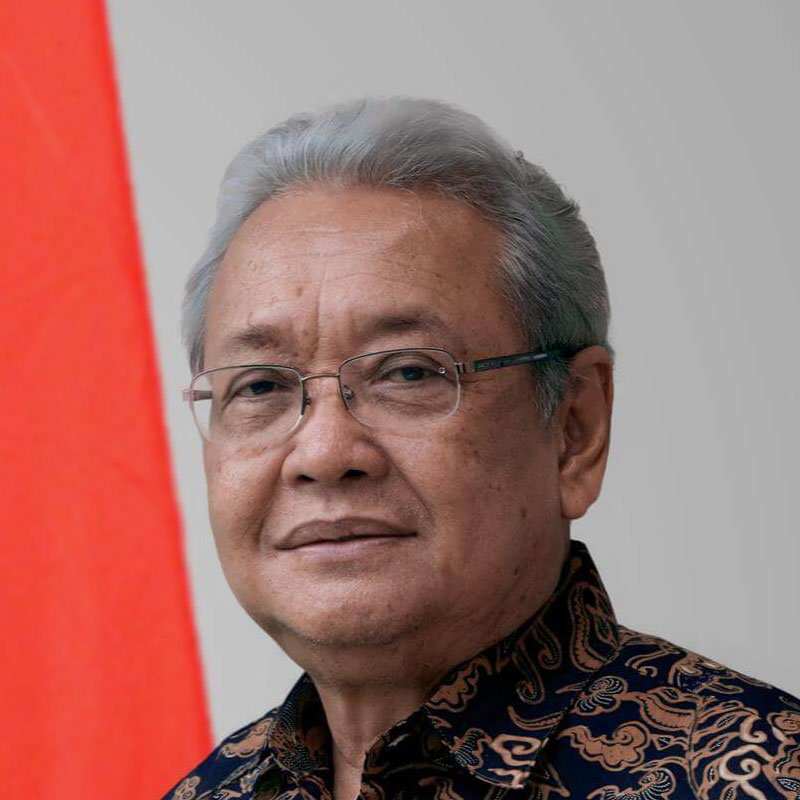
Ambassador of the Republic of Indonesia to Japan and the Federative States of Micronesia
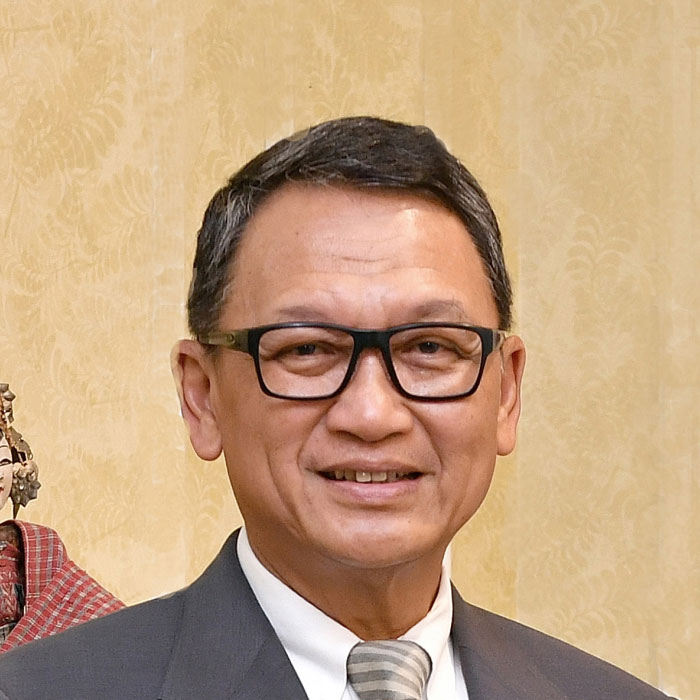
Minister for Energy and Mineral Resources of the Republic of Indonesia
Speakers and Moderators
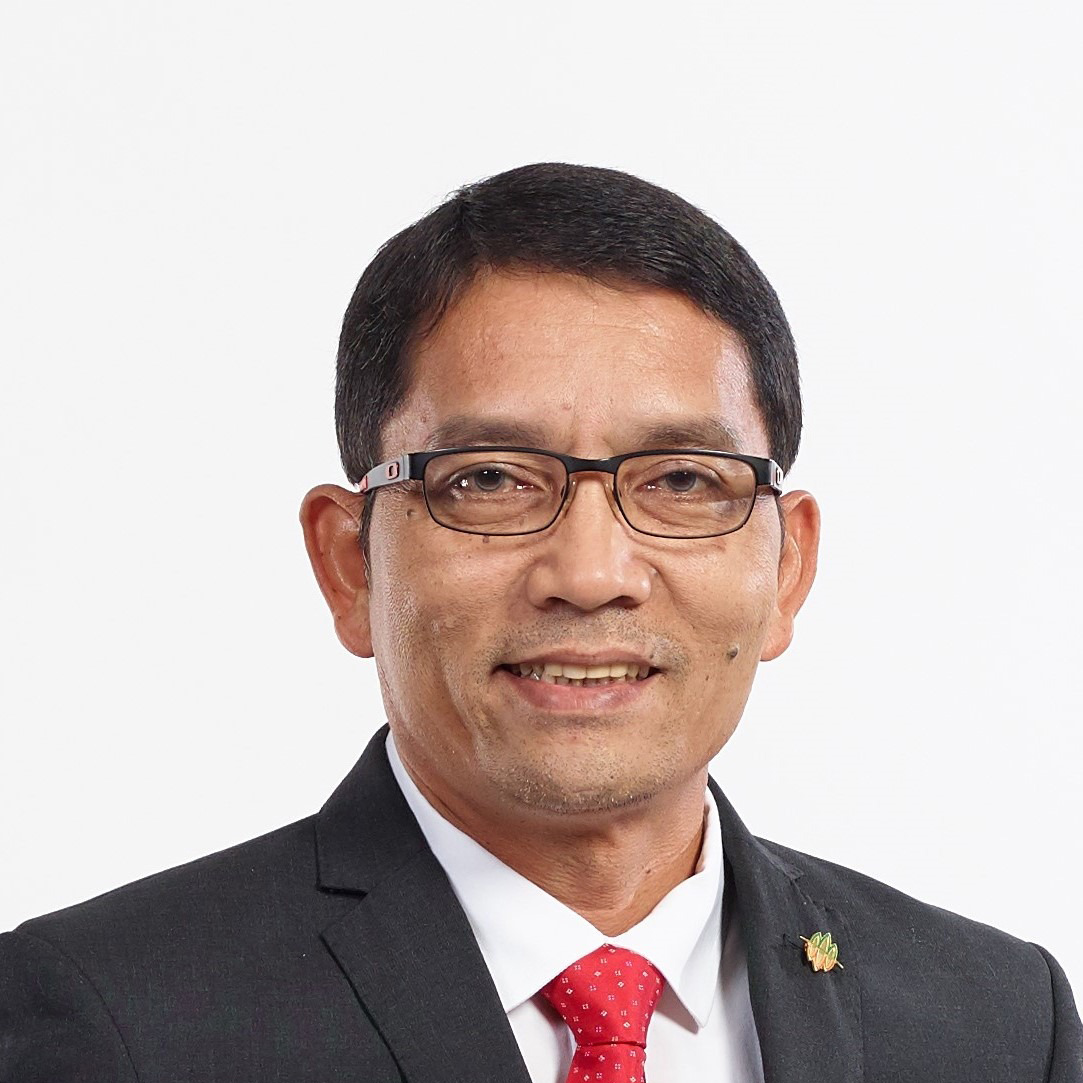
Director General of New, Renewable Energy and Energy Conservation (EBTKE)
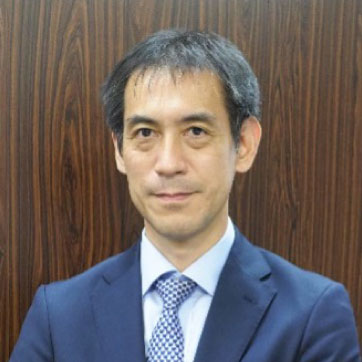
Deputy Commissioner for International Affairs, Ministry of Economy, Trade and Industry (METI), Japan
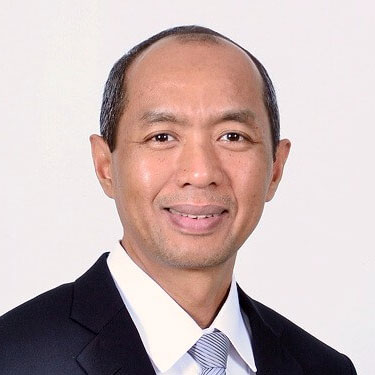
Executive Vice President Electricity System Planning PLN

President Director of PT Mitsubishi Power Indonesia
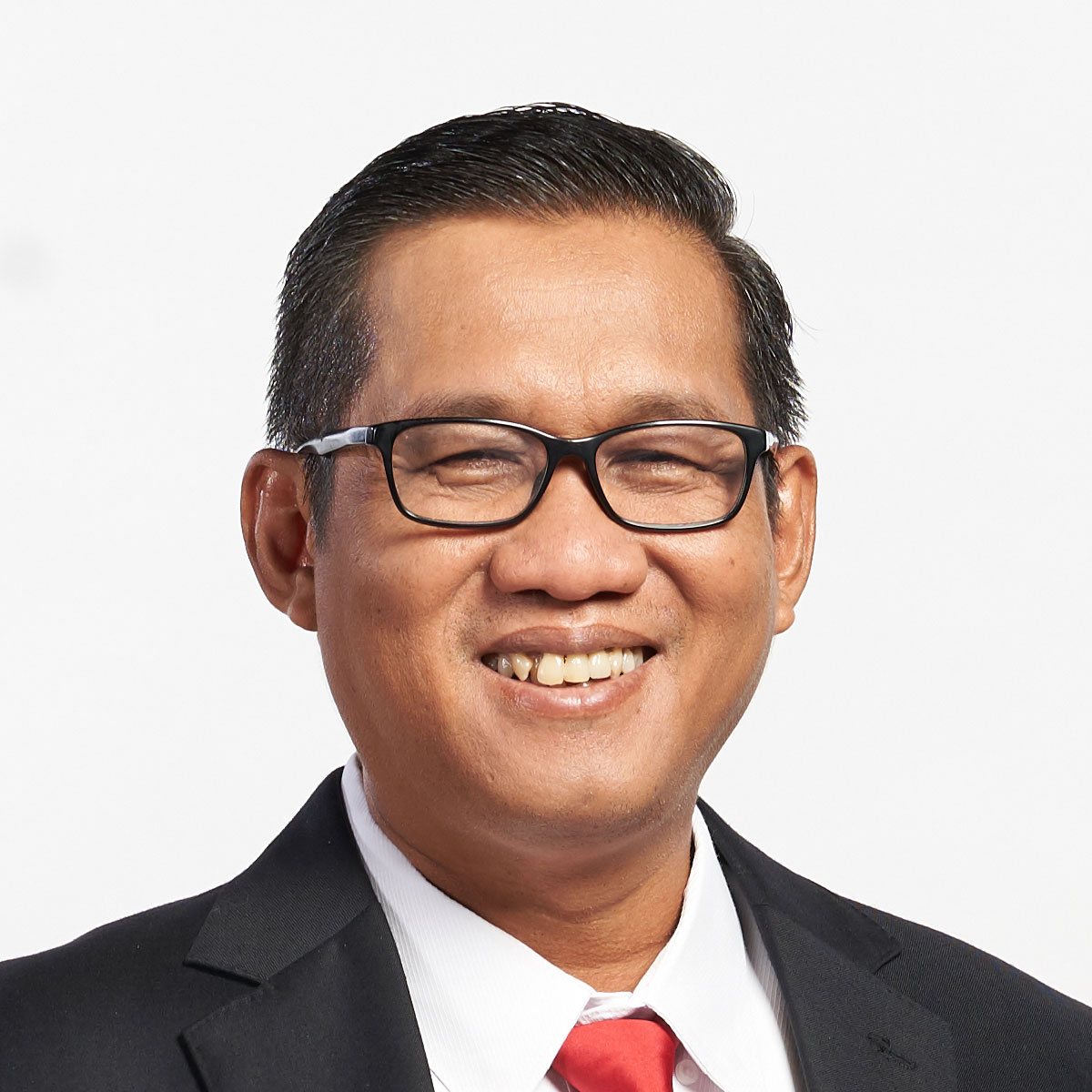
Director of Mega Project and New and Renewable Energy PLN
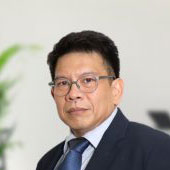
Chairman of the Indonesian Solar Energy Association (AESI)

President Director of PT Quint Solar Indonesia
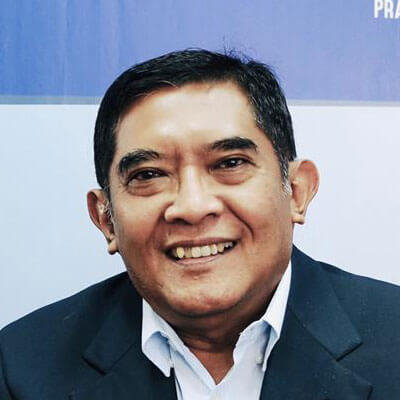
Chairman of the Indonesian Smart Grid Initiative (PJCI)
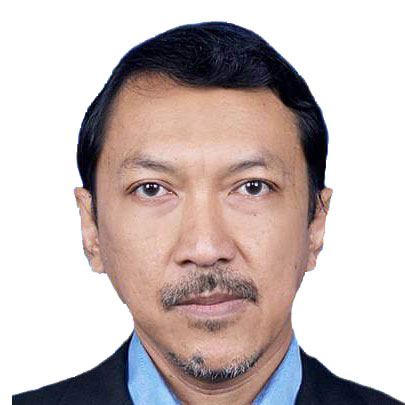
Executive Vice President of Engineering and Technology PLN

Renewable energy expert from The University of Tokyo

Executive Director of the Centre for Strategic and International Studies (CSIS)
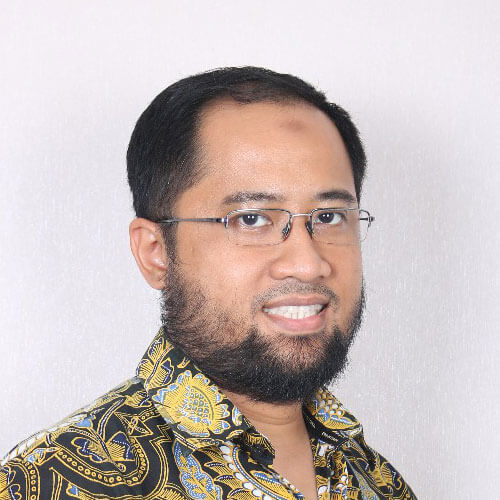
President Director of PT Awina Sinergi International (A-Wing Group Japan)
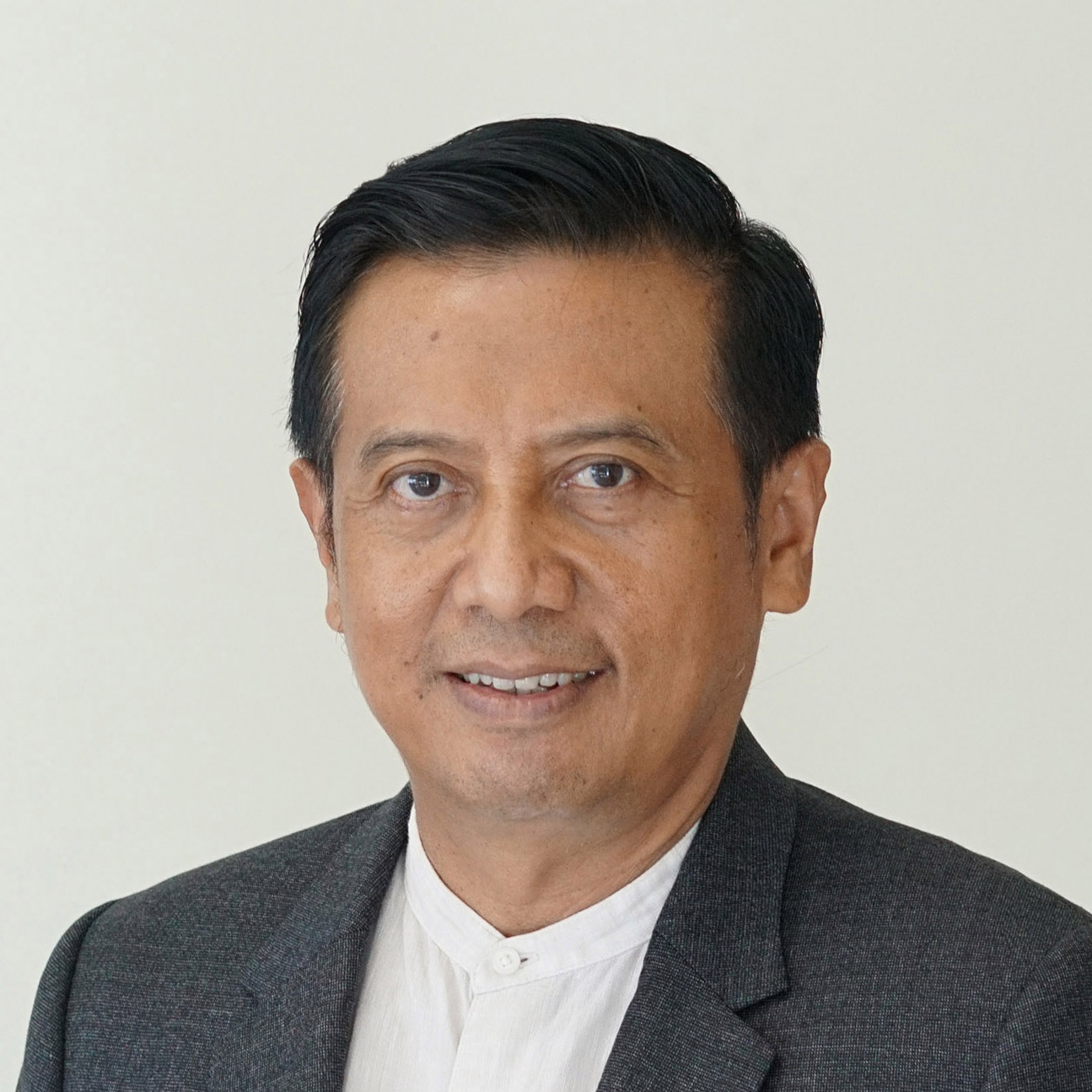
Executive Director of Tenggara Strategics
Contact Us
Whatsapp: +62811 9966 083 | E-mail: info@reinvest.id